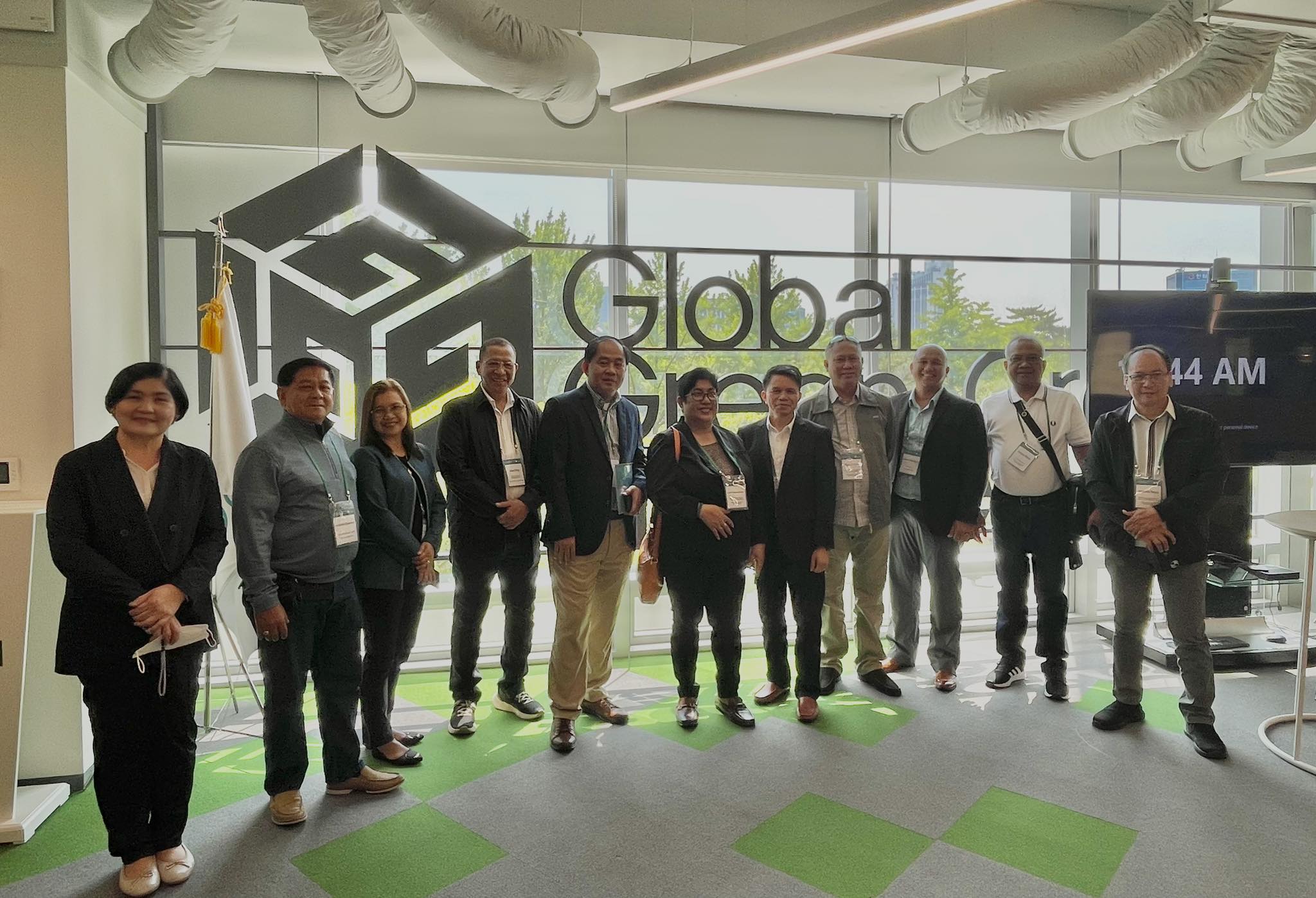
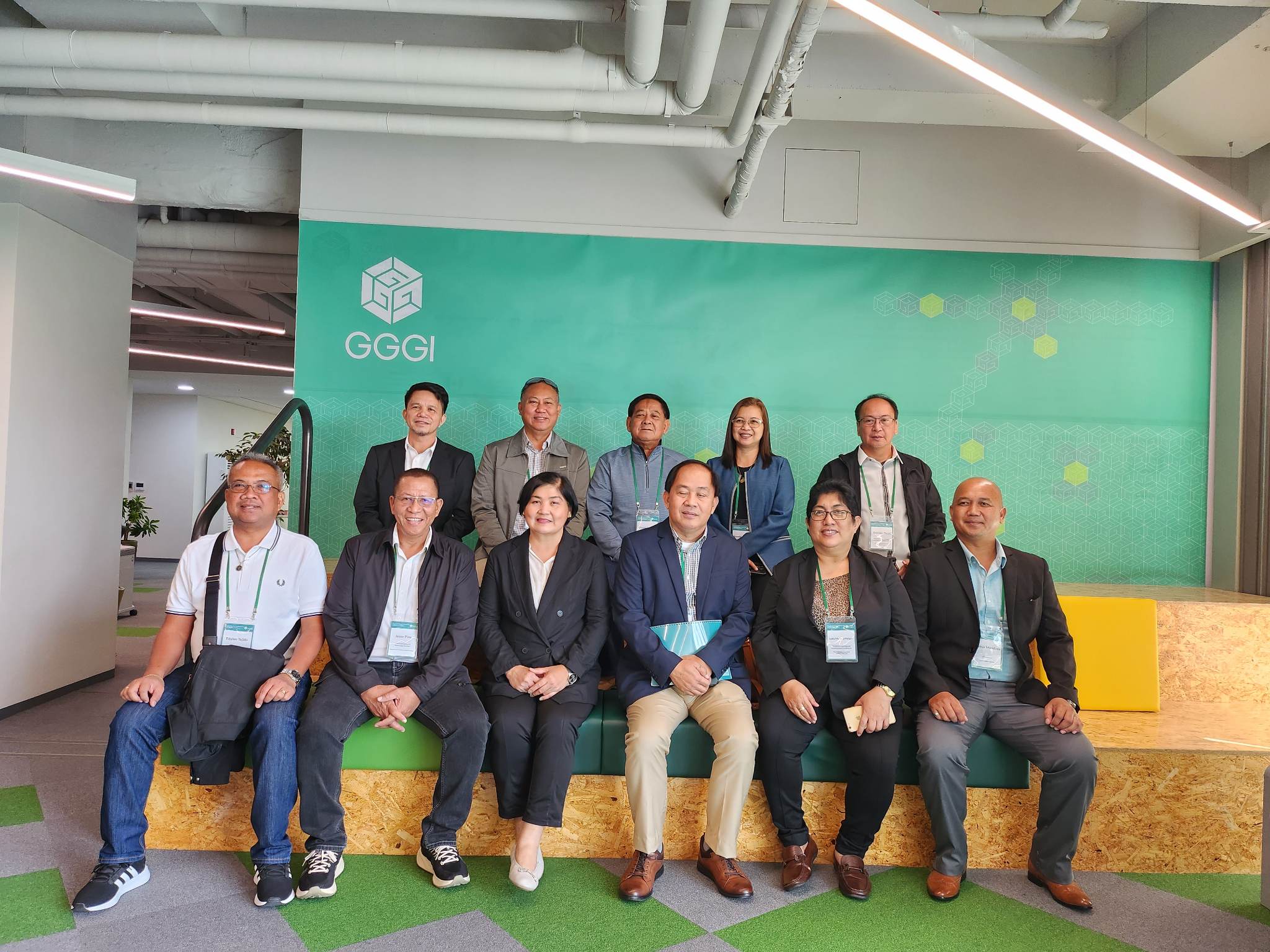
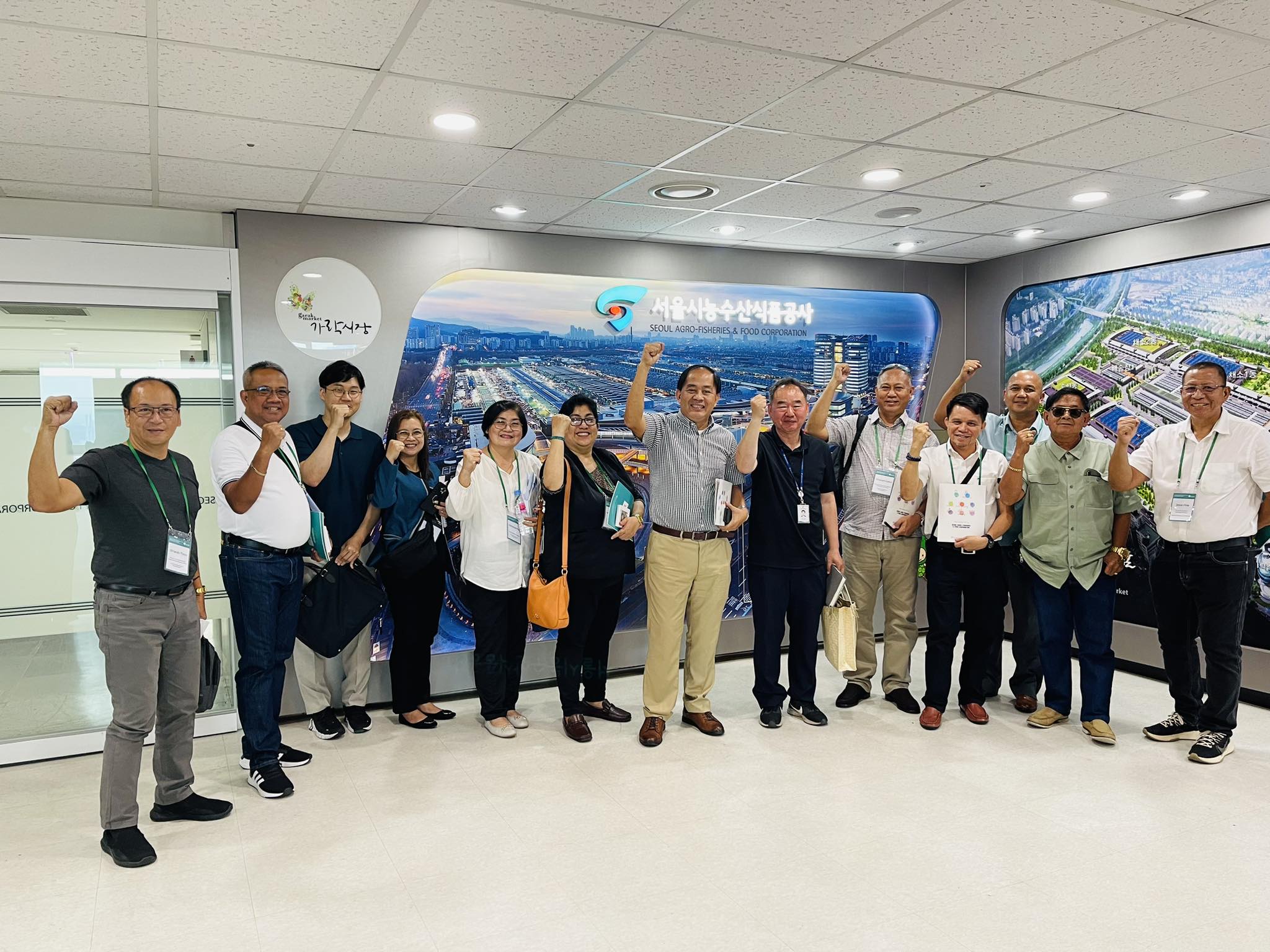
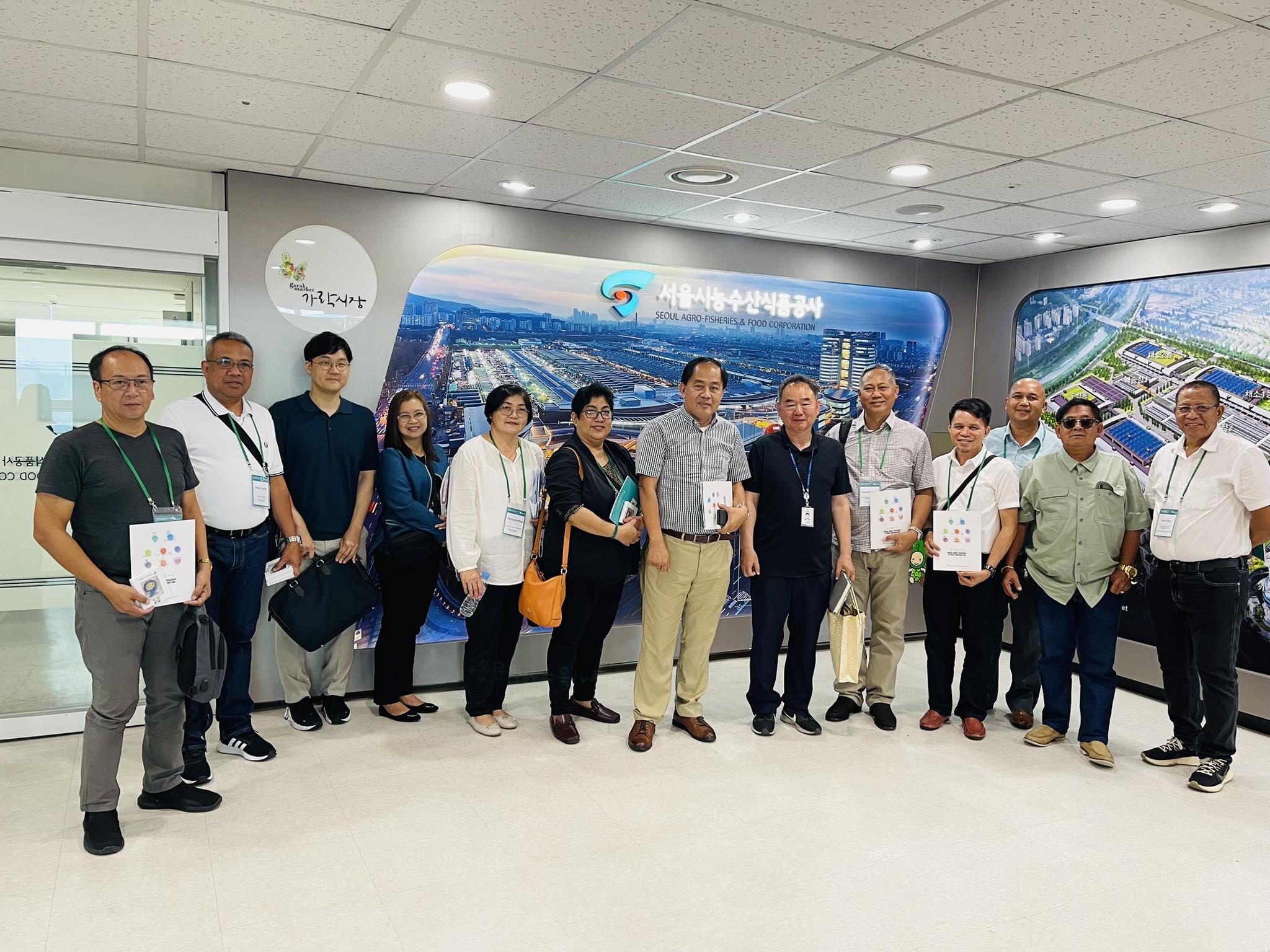
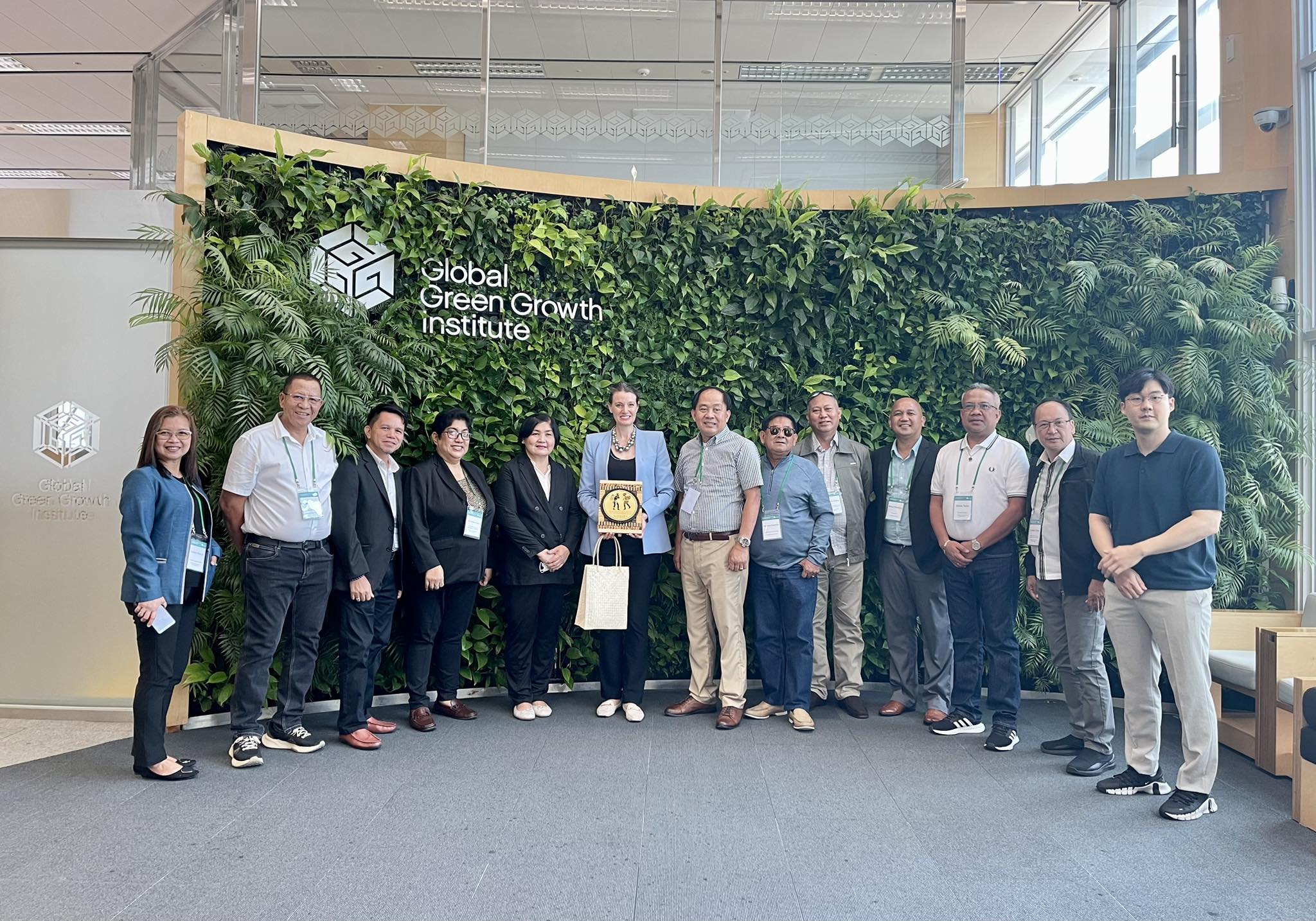
The Philippine delegation, consisting of government and non-government stakeholders mainly from the province of Oriental Mindoro, visited Korea to gain insight into Korea’s successful agriculture business models and value chain development. This visit is organized as a part of the joint GGGI-KOICA project that aims to improve the climate resilience of agriculture in rural areas of Oriental Mindoro, Philippines. The key objective of the visit is for the Philippine delegation to learn advanced value chain management cases, including the management of agricultural production, processing, distribution, and sales of agricultural products, so that they reflect the learnings to the ongoing value chain development project in Oriental Mindoro, Philippines.
The visit is hosted by the Global Green Growth Institute (GGGI), and fully sponsored by the Korea International Cooperation Agency (KOICA). The delegation is composed of 11 participants including the representatives from the Provincial Government of Oriental Mindoro, National Government (Provincial Directors from the Department of Trade and Industry (DTI), the Department of Agriculture (DA), the Department of Science and Technology (DOST), and smallholder farmers-led cooperatives (President of SAMASABALATASAN, seaweed cooperative).
This mission trip supports benchmarking cases and mentoring services to stakeholders via on-site consulting, international learning missions to Korea, and post-learning monitoring sessions. It focused on exposure and understanding the operational and practical aspects of the business processes of the host institutions. The learning mission is designed based on the needs of the target participants (agri micro-enterprises, the PAC operators, and selected government staffs) and focused on experiential learning to know more about practical applications suitable to the context of Oriental Mindoro and the Philippines. The project is engaging the services of a Korean learning coordination firm to support the design and initial scoping of potential partner institutions to visit in Korea to determine those that are most relevant to the learning requirements of the participants; the potential for sustaining knowledge collaboration after the mission; and explore opportunities to establish commercial relationships.
